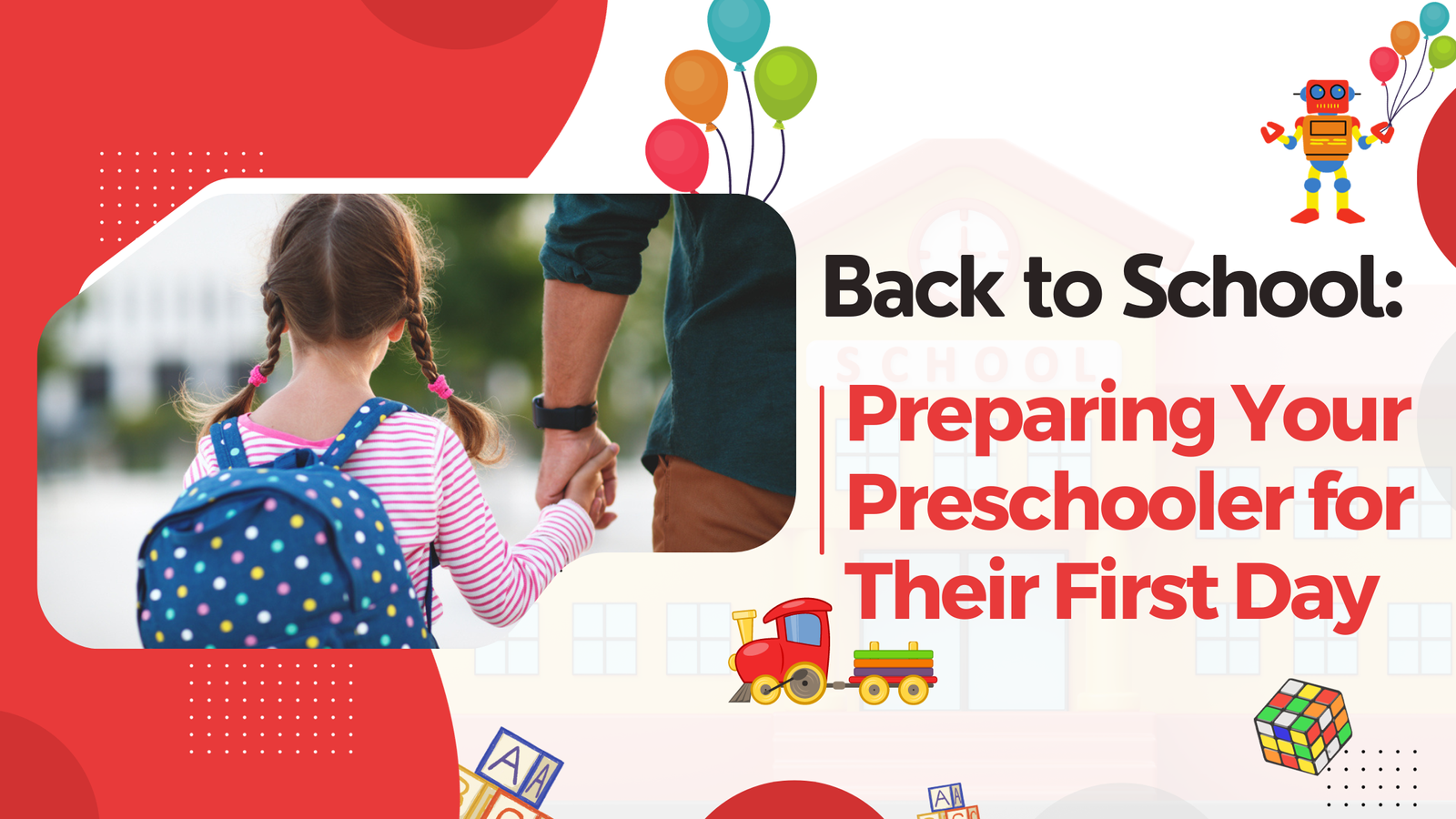Top Parenting Tips for Tweens Navigating the Years
Parenting is a rewarding journey filled with joys, challenges, and a continuous learning curve. One of the most crucial phases in parenting is navigating the tween years, which is the transitional period between childhood and adolescence. In this comprehensive guide, we’ll explore essential parenting tips for tweens or pre-teens, along with frequently asked questions to address common concerns.
Understanding the Tween Phase
What Are the Tween Years?
The tween years typically encompass ages 9 to 12, marking the bridge between childhood and adolescence. It’s a time of rapid growth and change, both physically and emotionally, for your child.
Key Developmental Milestones
1. Puberty Begins
Physical Changes: Your tween will experience physical transformations such as growth spurts, changes in body shape, and the development of secondary sexual characteristics.
Emotional Rollercoaster: Hormonal shifts can lead to mood swings, increased emotional intensity, and a quest for independence.
2. Cognitive Growth
Intellectual Curiosity: Tweens become more curious about the world around them and begin thinking more abstractly.
Critical Thinking: They develop improved problem-solving skills and the ability to consider multiple perspectives.
3. Shifting Social Dynamics
Peer Relationships: Friendships become increasingly important, and tweens may seek more independence from their parents.
Identity Formation: Tweens start forming their self-identity, exploring interests, and defining their values.
Parenting Tips for Tweens Years
1. Open and Honest Communication
Active Listening: Pay close attention to your tween’s thoughts and feelings without judgment. Create an environment where they feel comfortable discussing anything.
Encourage Dialogue: Foster open communication by asking about their day, interests, and concerns regularly.
2. Set Clear and Consistent Boundaries
Establish Rules: Create a set of clear and age-appropriate rules for your tween to follow. Ensure they understand the consequences of breaking these rules.
Explain the ‘Why’: When enforcing rules, explain the reasons behind them. This helps your child understand the importance of following them.
3. Respect Their Independence
Gradual Freedom: Allow your tween to take on more responsibilities and make age-appropriate decisions. This encourages them to develop a sense of autonomy.
Guidance Over Control: Instead of imposing strict control, provide guidance and support as they explore their growing independence.
4. Address Peer Pressure
Peer Discussions: Initiate conversations about peer influence and equip your tween with strategies to handle peer pressure, such as saying no to risky behaviors.
Friendship Guidance: Encourage healthy friendships and teach your child to recognize toxic relationships.
5. Support Emotional Well-being
Acknowledge Feelings: Validate your tween’s emotions and help them manage stress and anxiety. Let them know it’s okay to express their feelings.
Teach Coping Skills: Equip your child with effective coping mechanisms, such as mindfulness exercises, journaling, or deep breathing techniques.
Building a Stronger Connection
Fostering Positive Relationships
Quality Time: Spend one-on-one time with your tween doing activities they enjoy. This strengthens your bond.
Shared Interests: Discover common interests and hobbies to bond over.
Celebrate Achievements: Acknowledge their accomplishments, no matter how small, to boost their self-esteem.
Professional Help: If your tween shows signs of significant distress or behavioral issues, consider seeking guidance from a child psychologist or counselor.
Parenting Communities: Connect with other parents facing similar challenges for mutual support and advice.
Read Also: Unlocking the Journey: Elementary School Milestones
FAQs About Parenting Tips for tweens
Q1: What are the pre-teen years, and when do they typically start?
A1: The pre-teen years, often referred to as the tween years, typically start between the ages of 9 and 12. It’s a period of rapid physical, emotional, and social development.
Q2: What are some common characteristics of pre-teens?
A2: Pre-teens may exhibit increased independence, curiosity about the world, and a desire for more responsibility. They may also experience mood swings and a growing need for peer relationships.
Q3: How important is open communication during the pre-teen years?
A3: Extremely important. Encourage your child to talk about their feelings, concerns, and experiences. Be a good listener and provide a non-judgmental space for them to express themselves.
Q4: Why are boundaries crucial for pre-teens?
A4: Boundaries provide structure and safety. Clearly define rules and consequences, and be consistent in enforcing them.
Q5: How can parents encourage independence in pre-teens?
A5: Give your child opportunities to make decisions and solve problems. Allow them to take on age-appropriate responsibilities.
Q6: What should parents stay informed about during the pre-teen years?
A6: Be aware of your child’s friends, interests, and online activities. Monitor their digital interactions and be vigilant about their safety.
Q7: How Can I Talk to My Tween About Puberty?
A7: Start by finding age-appropriate books or resources about puberty. Create a safe space for discussions, encourage questions, and provide accurate information.
Q8: Is It Normal for Tweens to Be Moody?
A8: Yes, mood swings are common due to hormonal changes. Offer emotional support, listen actively, and help them navigate their emotions.
Q9: How does being a role model affect pre-teen development?
A9: Pre-teens often model their behavior after their parents. Demonstrate the values and behaviors you want to instill in your child.
Q10: How does being a role model affect pre-teen development?
A10: Pre-teens often model their behavior after their parents. Demonstrate the values and behaviors you want to instill in your child.
Q11: How can parents help pre-teens develop problem-solving skills?
A11: Guide them through problem-solving processes, encourage critical thinking, and help them learn from their mistakes.
Q12: How Should I Handle Screen Time Limits?
A12: Set reasonable screen time rules and negotiate time limits together. Encourage a balance between online and offline activities.
Q13: What If My Tween Resists Following Rules?
A13: Understand their perspective and concerns. Seek compromises and maintain open communication to find solutions together.
Q14: Should I Monitor My Tween’s Online Activities?
A14: Yes, it’s important to monitor online activities and discuss online safety. Use parental control tools while respecting their privacy.
Q15: How can parents help pre-teens resist negative peer pressure?
A15: Teach assertiveness and help them practice saying “no” when faced with unhealthy peer influences.
Q16: What can parents do to support their pre-teen’s emotional well-being?
A16: Encourage emotional expression, provide a safe space for them to share feelings, and consider professional help if necessary.
Q17: Why is building self-esteem crucial during the pre-teen years?
A17: Positive self-esteem is essential for healthy development. Praise their efforts and accomplishments, and focus on their strengths.
Q18: How can parents maintain patience and flexibility while parenting pre-teens?
A18: Recognize that pre-teens are undergoing significant changes. Stay adaptable and patient, and be prepared to adjust your parenting strategies as needed.
Conclusion
The tween years can be challenging, but with the right parenting tips and strategies, you can successfully navigate this transitional phase. Open communication, mutual respect, and a supportive environment are key to fostering a strong parent-tween relationship. Embrace this journey, and watch your tween blossom into a confident and resilient young adult.
In summary, mastering parenting tips for tweens involves understanding their unique developmental needs and providing guidance with empathy and patience. Your role as a parent during these formative years can profoundly influence their future. Embrace the journey, and together, you’ll navigate the tween years with grace and confidence.
This comprehensive guide equips you with valuable parenting tips for the tween years, ensuring a smoother transition for both you and your pre-teen. Parenthood is an evolving adventure, and your dedication to understanding and supporting your child will make all the difference.





